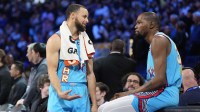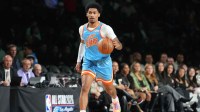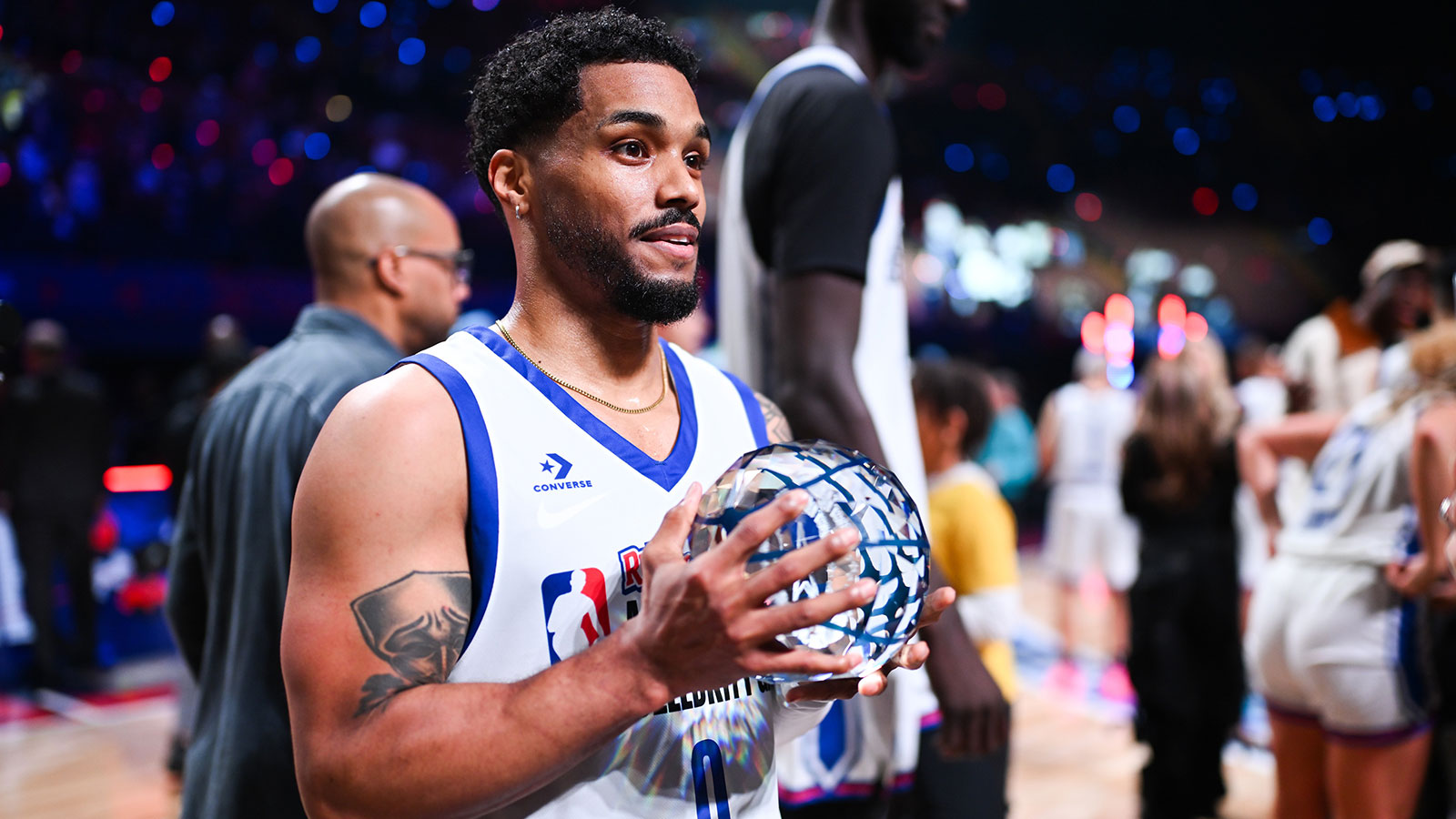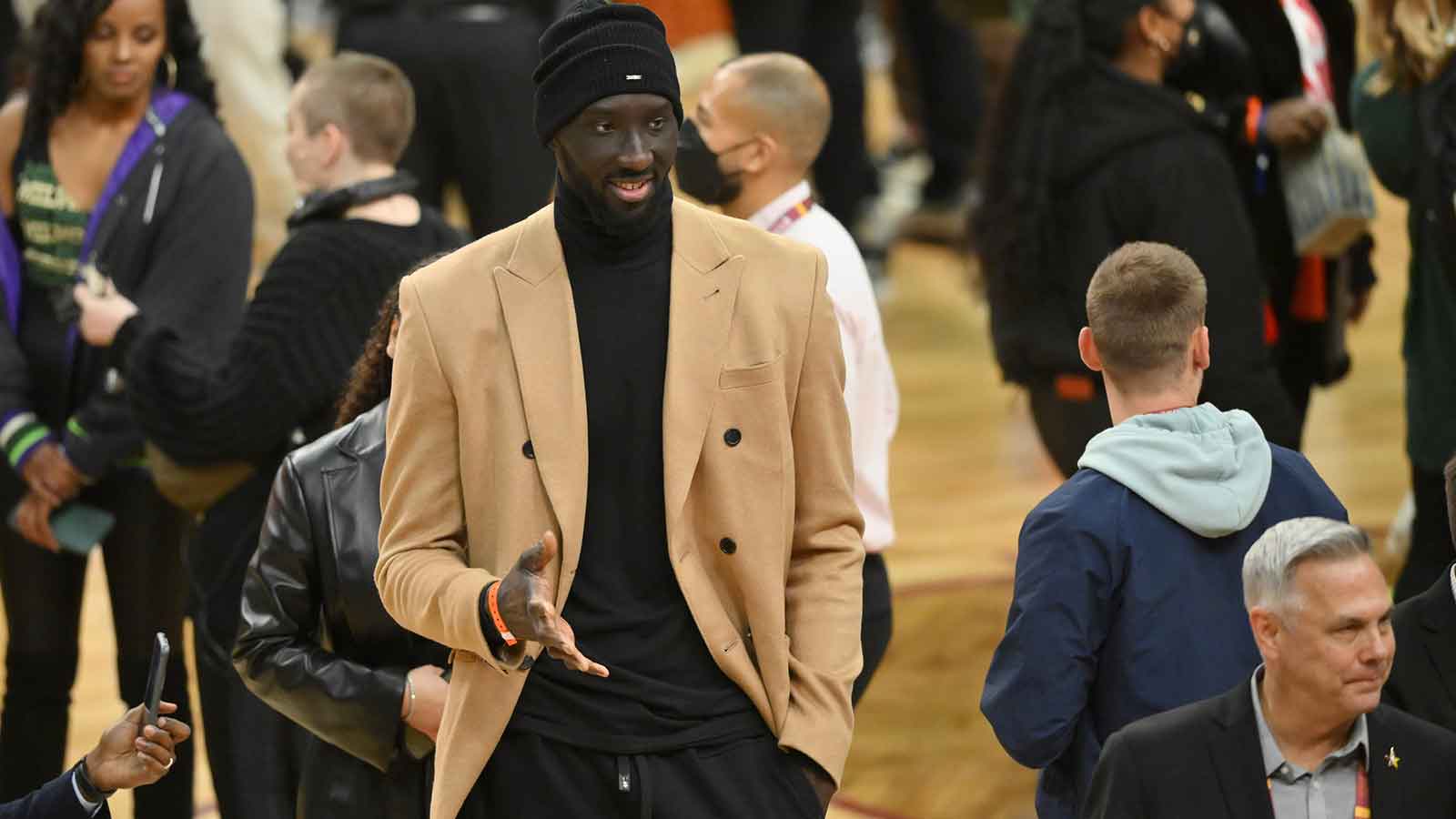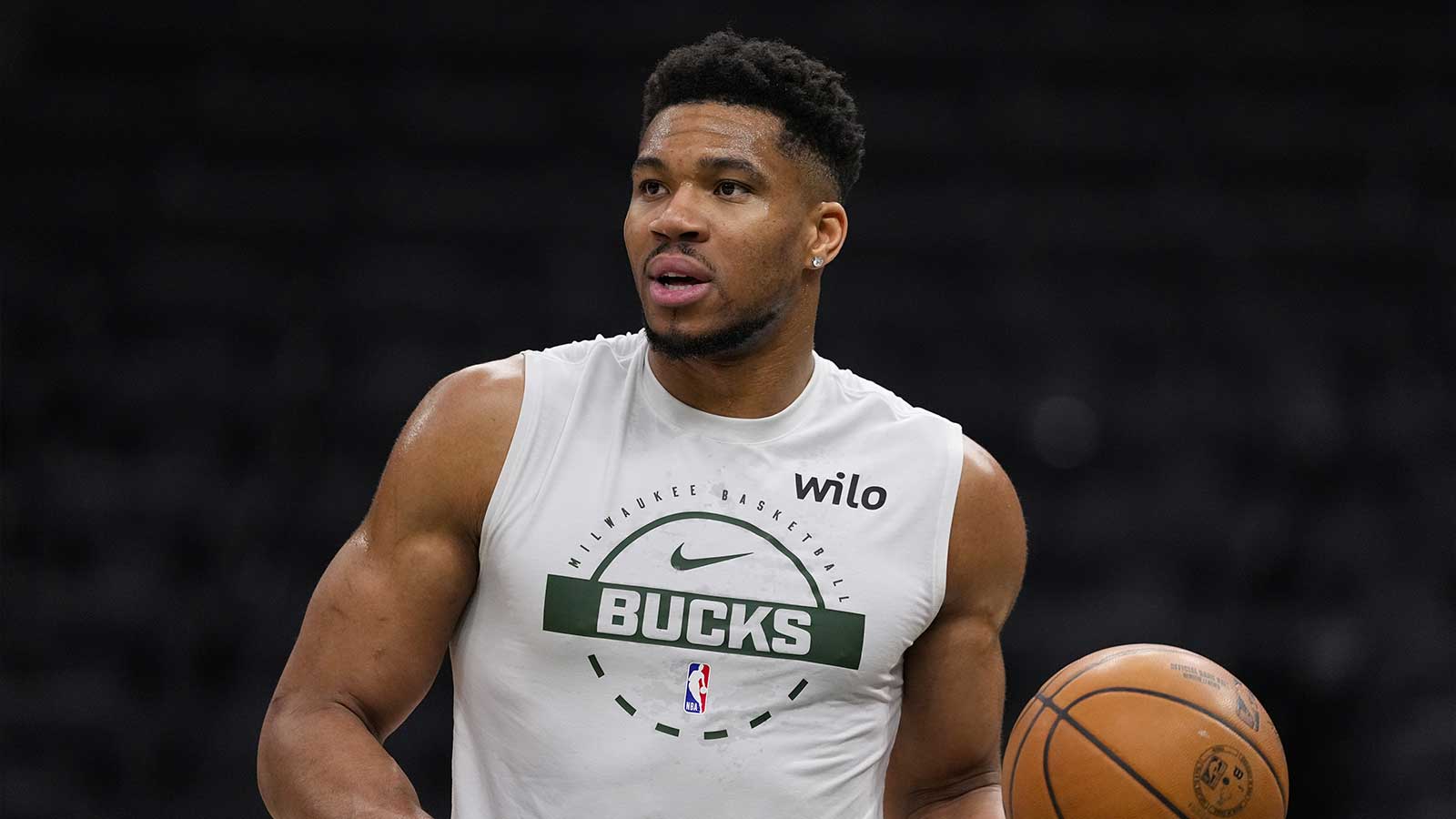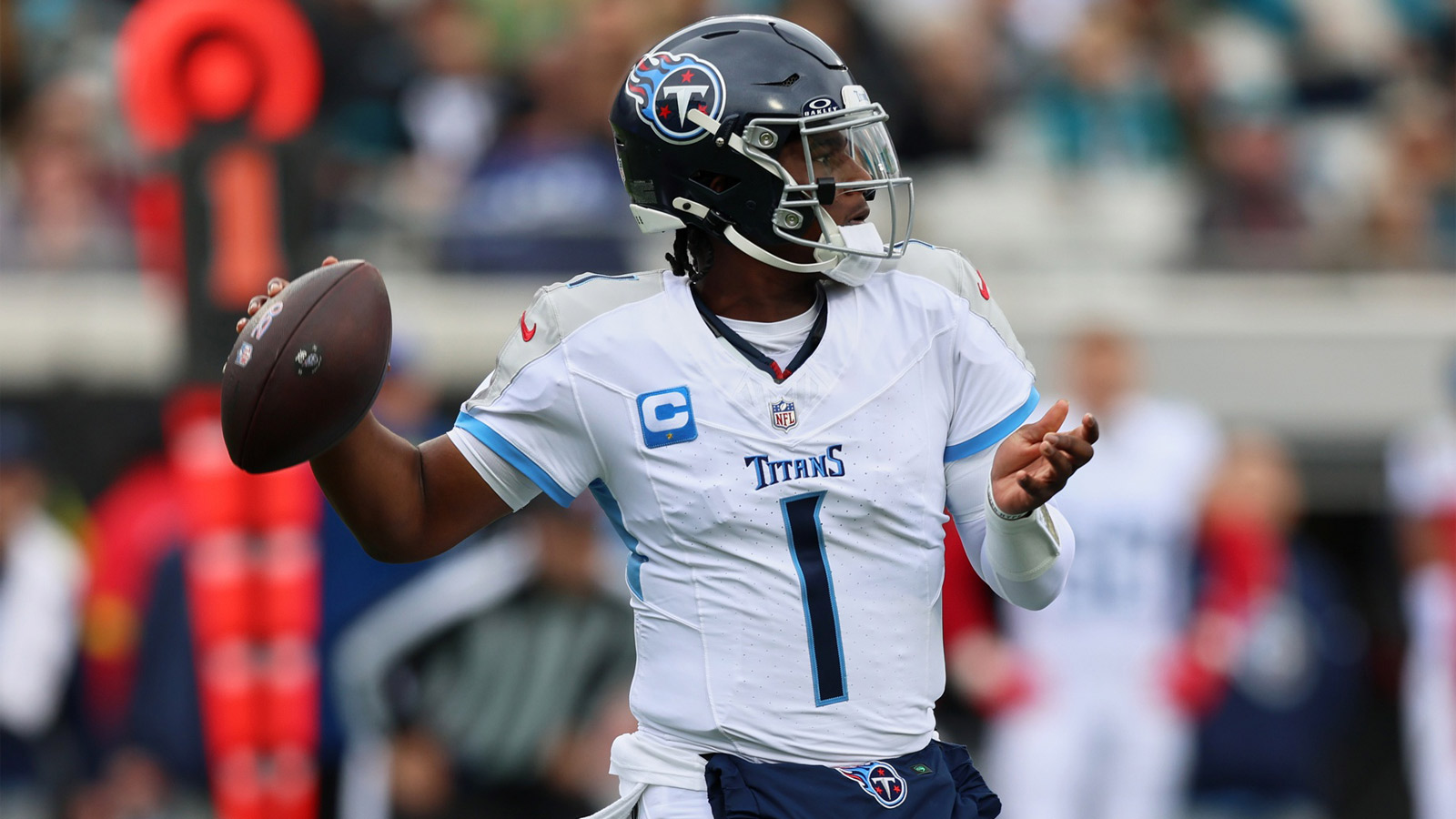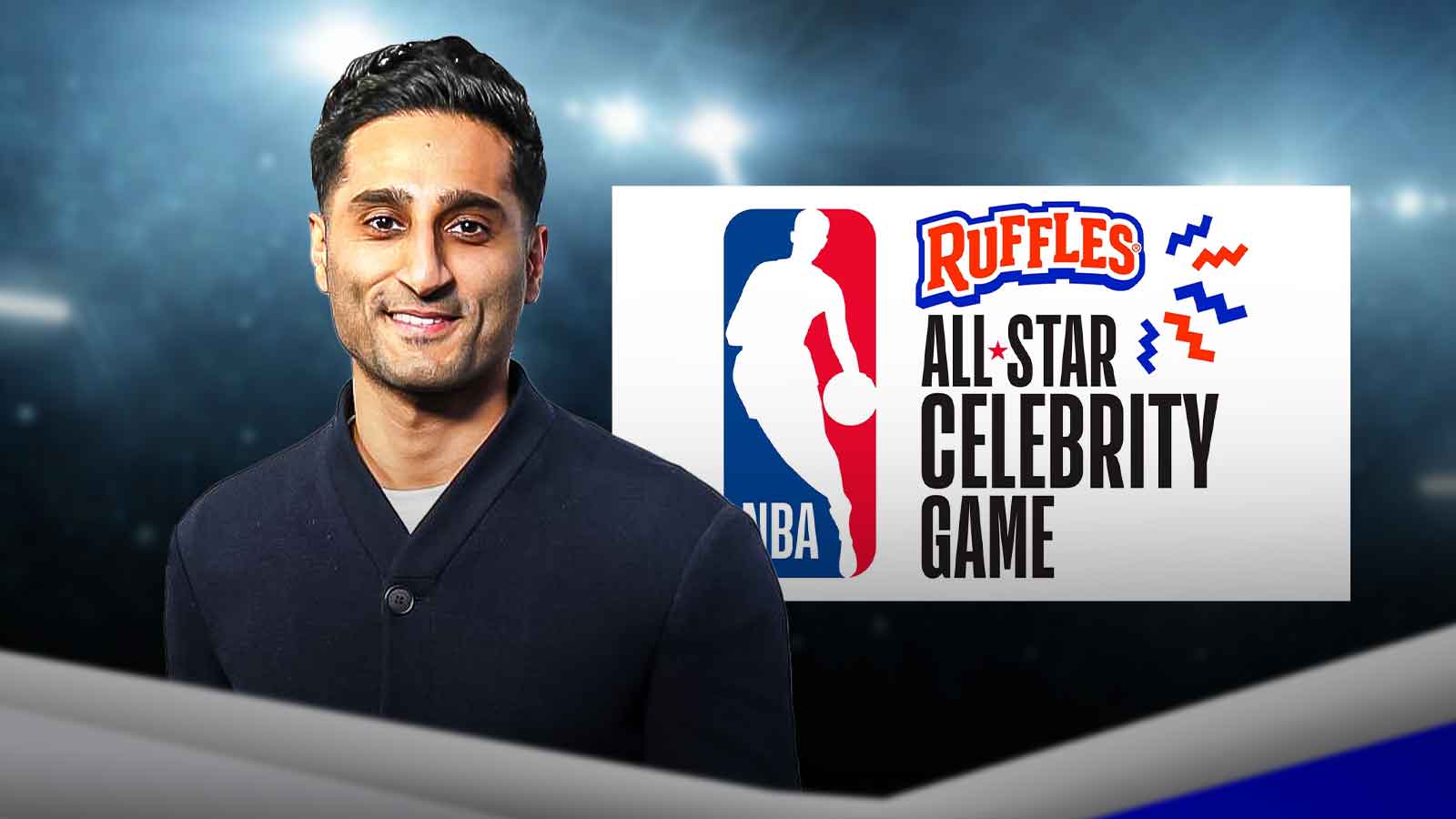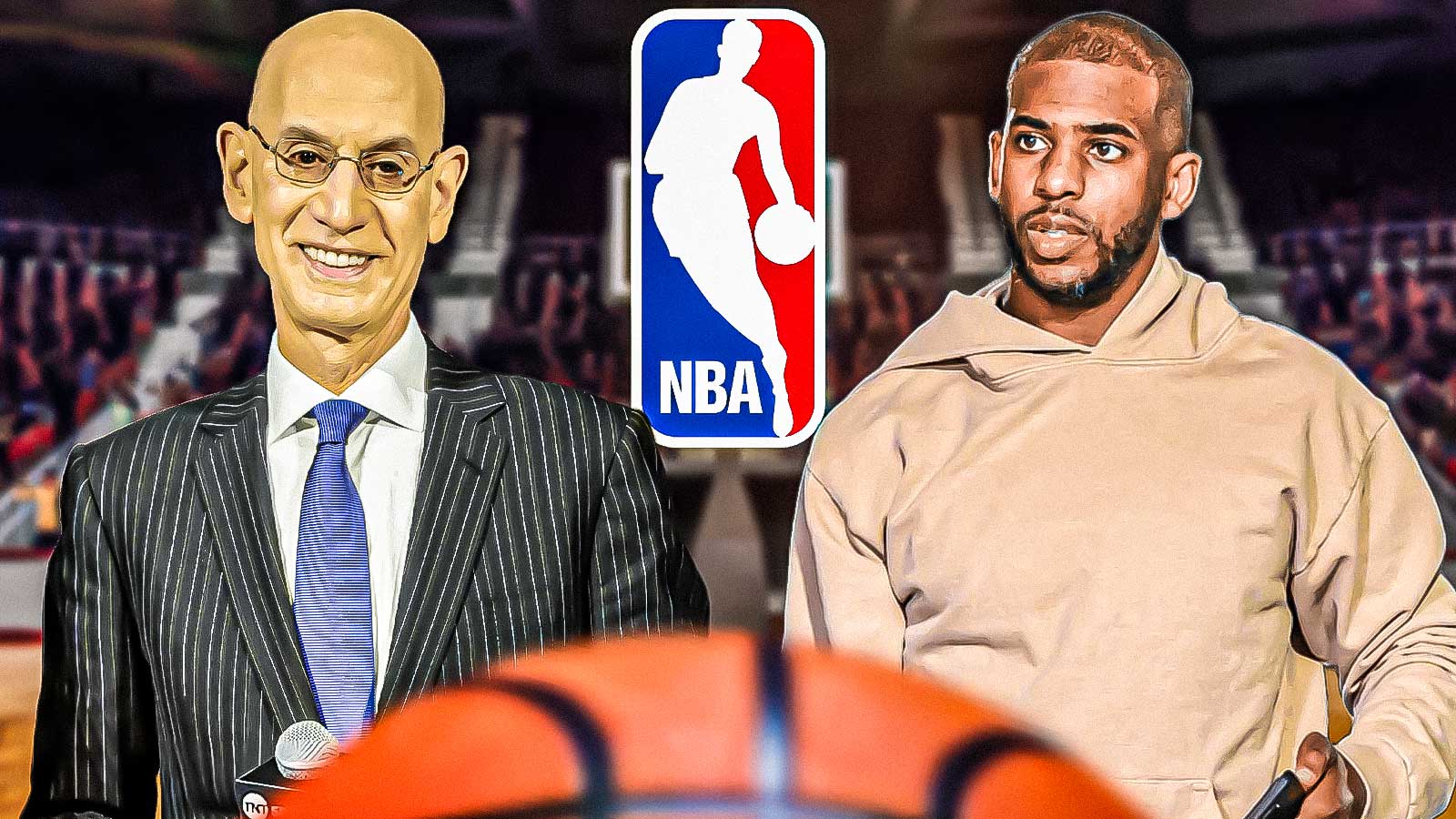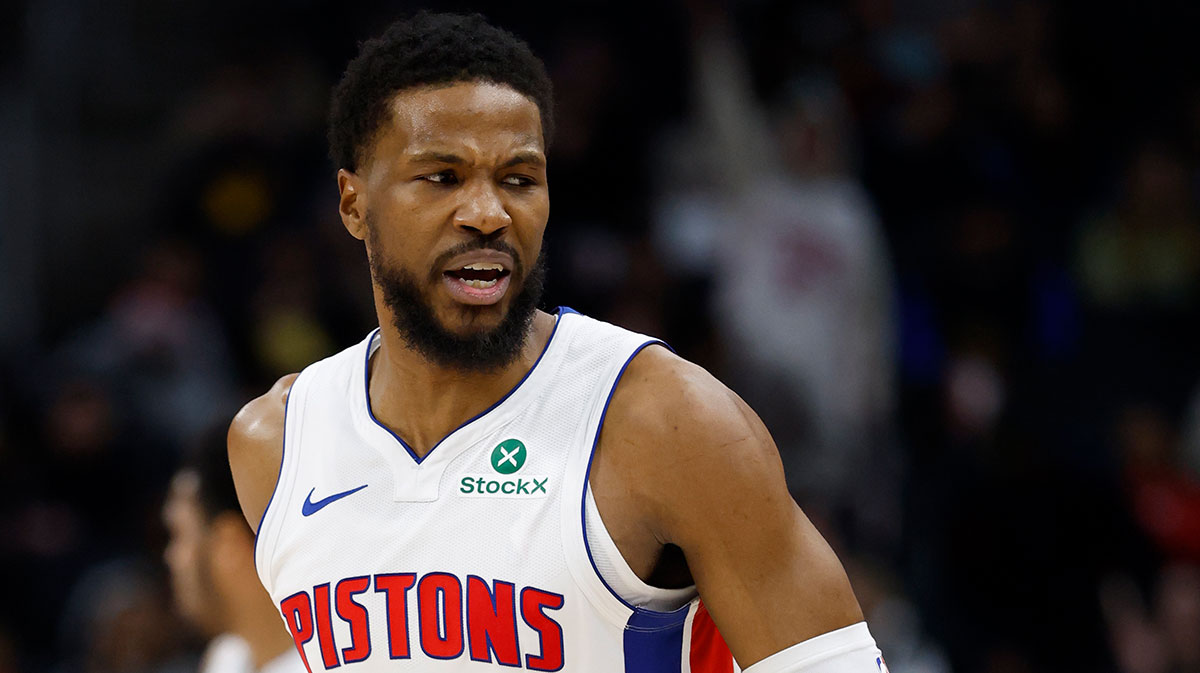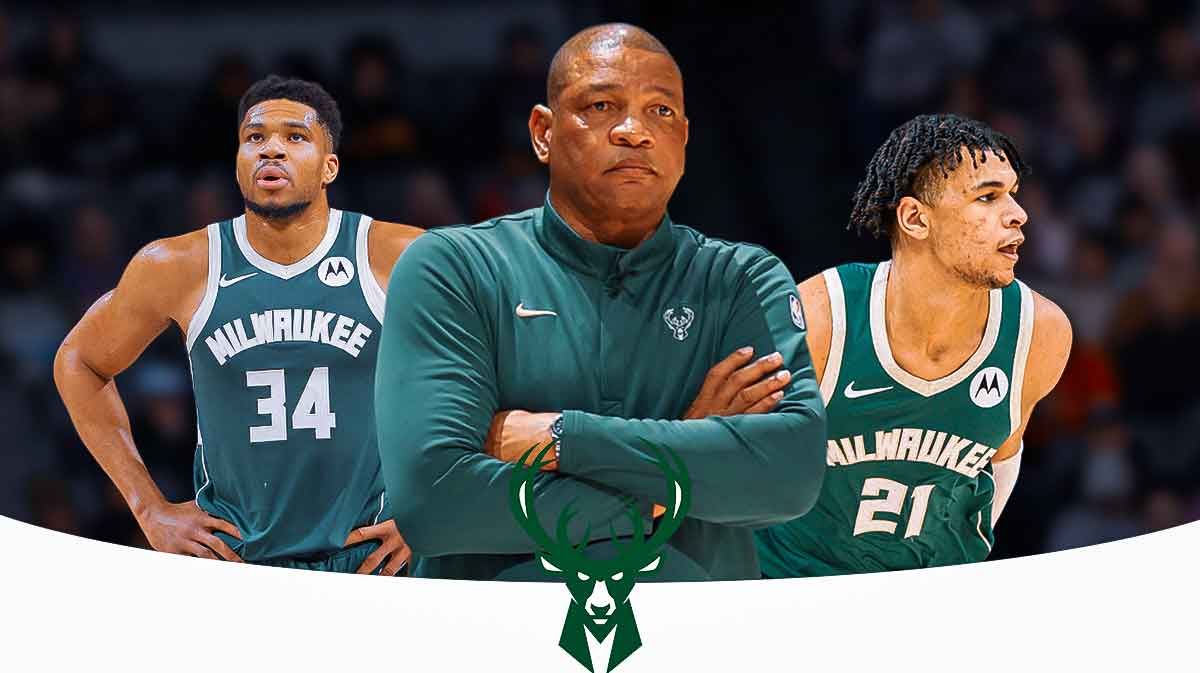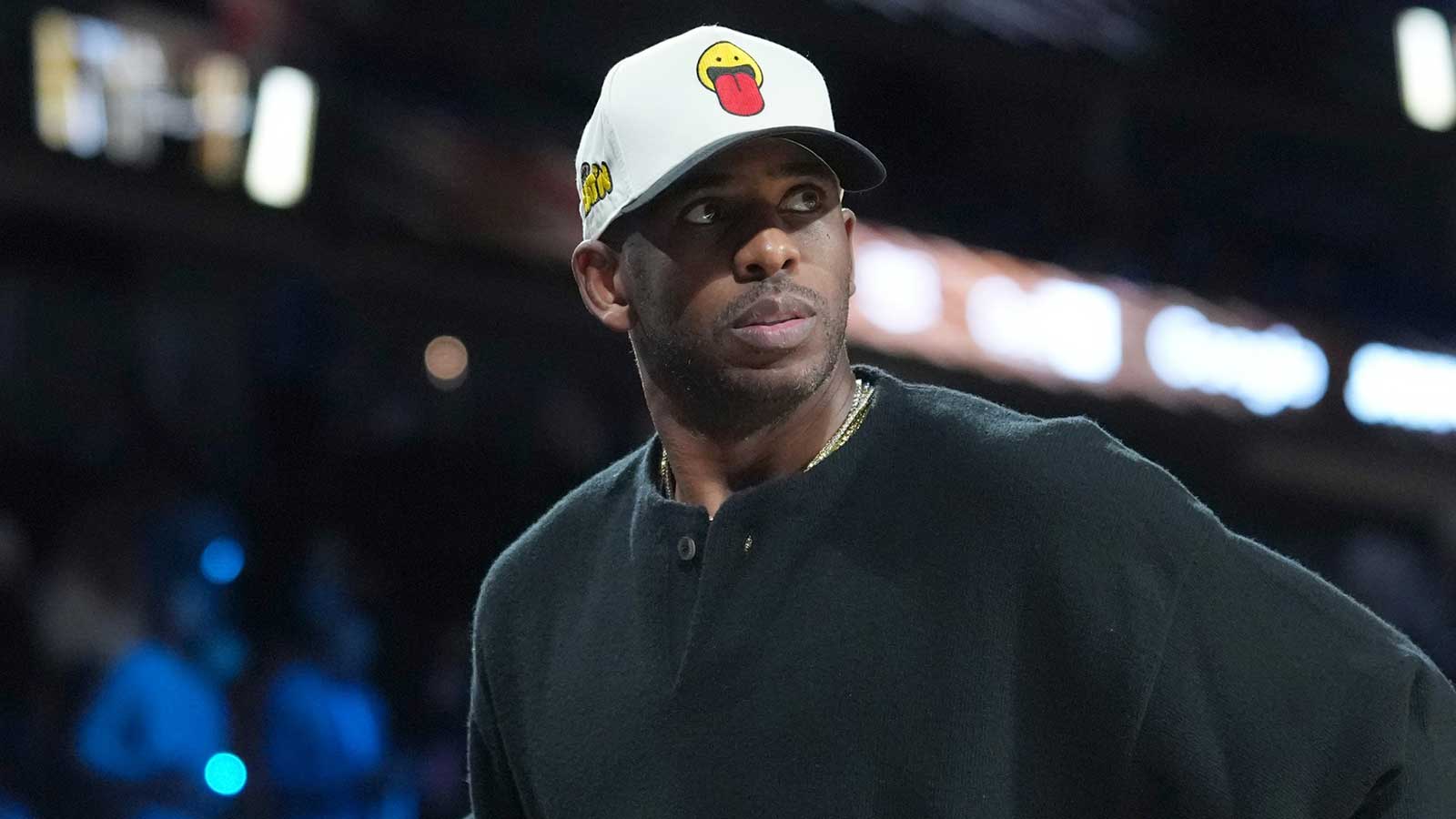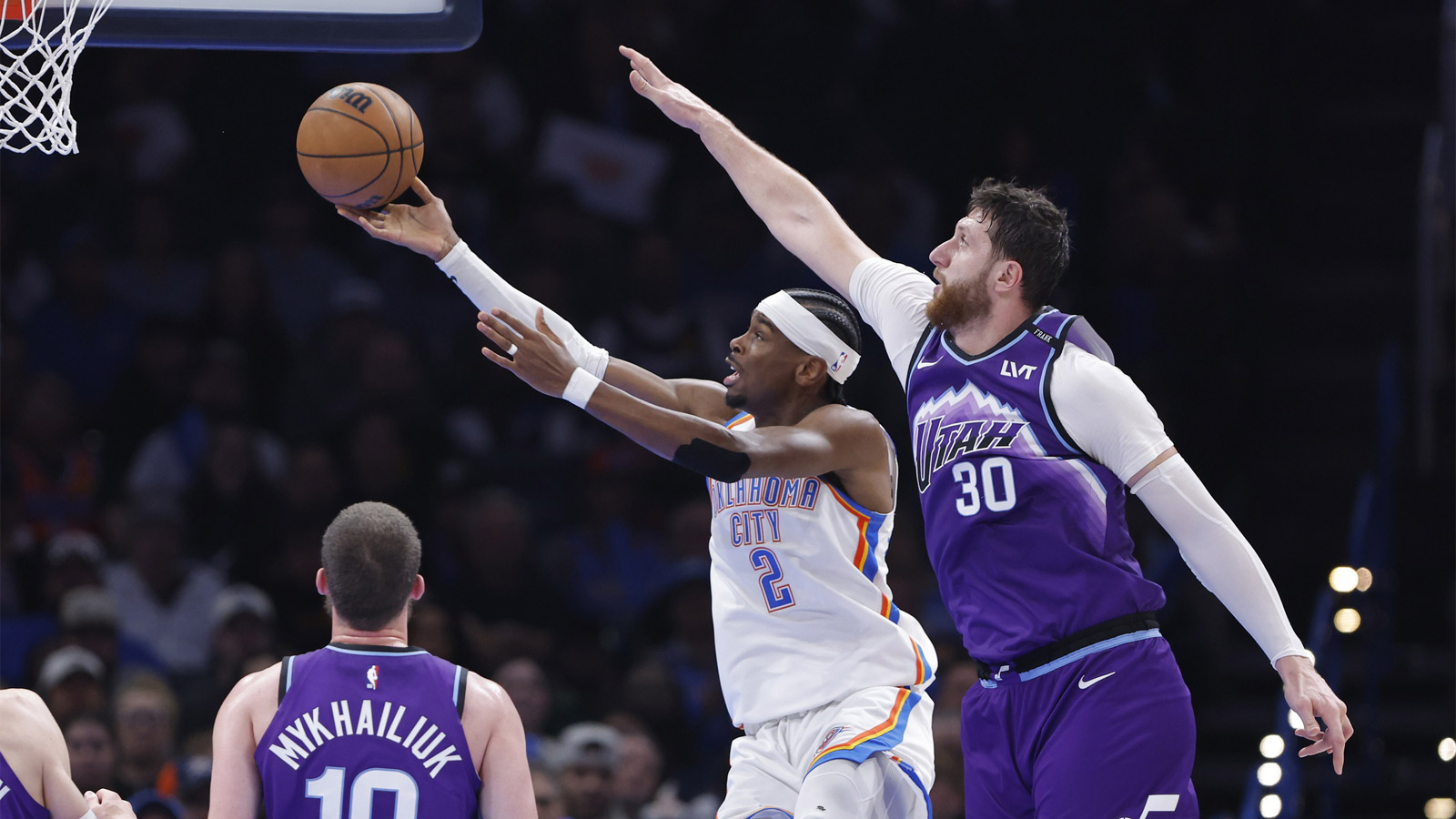It is now September, and the start of training camps is right around the corner. While the restricted free agency market has dragged on, leaving the likes of Jonathan Kuminga and Josh Giddey without contracts, the first domino has fallen with Cam Thomas.
Although he wanted to secure his long-term future, Thomas accepted his $5.9 million qualifying offer from the Brooklyn Nets on Thursday.
This is a bold move by the 23-year-old shooting guard, especially considering that he left a good amount of money on the table. While the Nets and Thomas were never close to reaching a long-term commitment with one another, the Nets were willing to increase his pay on a small deal.
The best offer, from a financial perspective for Thomas, was a short-term contract valued around the mid-level exception ($14.1 million for the 2025-26 season), league sources told ClutchPoints.
It turns out this deal was a two-year, $30 million offer that contained a team option, according to ESPN. Thomas declined this offer, as well as a one-year, $9.5 million contract that would have paid him more during the 2025-26 season, but he would have had to waive his no-trade clause.
As a result of not getting the exact terms he wanted in a deal with the Nets, Thomas has set the stage for the rest of this year's restricted free agent market to settle their disputes.
Kuminga, Giddey, and Quentin Grimes remain in their convoluted situations, and they have less than four weeks to decide on whether they too will follow in Thomas' footsteps by accepting the qualifying offer.
Out of these three players, Kuminga is the most likely to do so.
Jonathan Kuminga trending towards no deal
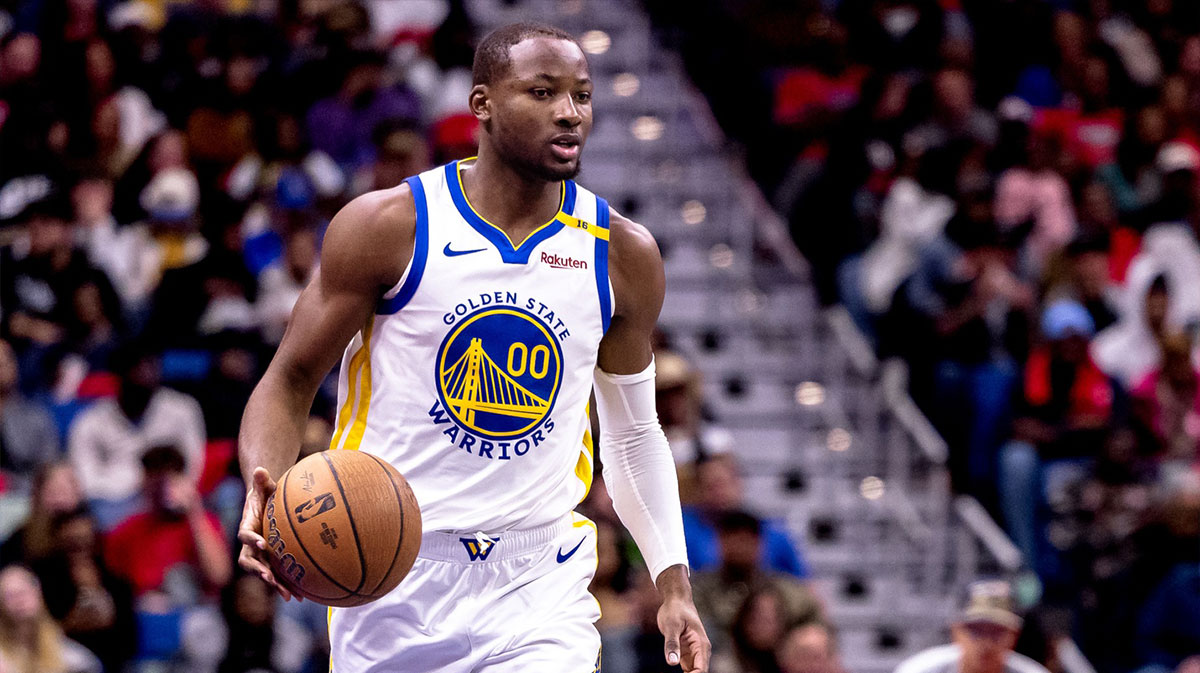
All along, the Golden State Warriors have called Jonathan Kuminga's “bluff” about his $7.9 million qualifying offer.
Between shutting the door on sign-and-trade opportunities and offering him a large sum of money on a short-term deal, the Warriors have remained confident in their standing with the restricted free agent this offseason.
However, this situation has given Golden State fans and those supporting Kuminga every reason not to be confident in the trajectory of where things are heading.
Kuminga has essentially been handcuffed by the Dubs as a restricted free agent this offseason.
While there was an understanding entering the summer that the team and 22-year-old forward would explore sign-and-trade opportunities, no deal of value ever materialized to the Warriors' liking. Not to mention, owner Joe Lacob, general manager Mike Dunleavy Jr., and the front office made it clear they would not be bullied into a deal.
If there was a trade that brought them draft compensation and a young talent to replace Kuminga, the Warriors would've been open to said deal, sources said. But that's the problem — this type of trade was never offered to the Dubs despite the Sacramento Kings and Phoenix Suns expressing strong interest in Kuminga.
Since the start of free agency, the two parties have been far apart in contract negotiations.
This is not only due to Golden State's unwillingness to adjust its offer but also in large part because Kuminga doesn't envision a future with the Warriors after their ongoing, failed contract discussions over the last two years.
The Warriors' offer has stood firm to this point: a two-year, $45 million contract with a team option in Year 2 and language that would force Kuminga to waive his no-trade clause.
Essentially, they want Kuminga to return on their terms and on a contract that can easily be flipped into value before the trade deadline in February. From Kuminga's point of view, this deal would strip away any ounce of leverage he still owns over the Warriors, and it results in him not having a say on his future.
Unless Golden State was willing to offer him a long-term deal in the $25 million to $30 million per year range this offseason, Kuminga and his representation have had their eyes set on 2026 free agency, when multiple teams will have a lot of cap space to pursue the athletic forward.
If the Warriors were to slightly alter this two-year proposal, giving some leverage back to Kuminga in the form of a player option or guaranteed money, then perhaps a compromise could be reached.
There haven't been any indications suggesting that the Warriors are thinking of changing their offer, and unless they do so over the course of the next week, Kuminga is prepared to end talks and accept his qualifying offer, league sources said.
At the end of the day, Kuminga wants to feel valued, and the Warriors haven't given him ample reasons to want to stay.
That is why all roads currently lead to Kuminga becoming an unrestricted free agent next summer and being able to choose his next home without the Dubs dictating such.
From the Warriors' perspective, this puts them in a bind.
The whole idea of not settling on anything regarding Kuminga over the last two years was that the organization didn't want to lose him for nothing. Well, if Kuminga accepts his qualifying offer as a result of the Warriors not changing their current contract offer, that is exactly what will happen.
With the way things have been trending, Kuminga's “bluff” of accepting his qualifying offer appears to be on the verge of becoming the Warriors' reality.
Bulls confident in Josh Giddey approach
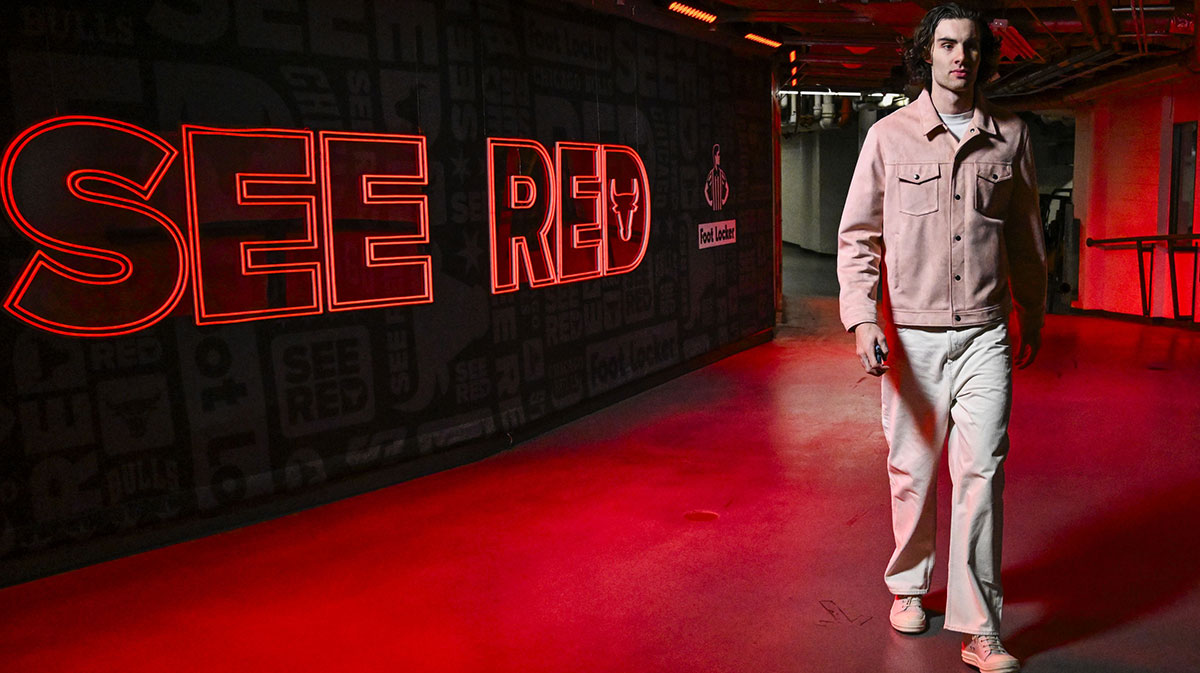
When the Chicago Bulls traded Alex Caruso for Josh Giddey last offseason, they did so with the mindset that the Australian guard would be one of the faces of their franchise moving forward.
In his one season with the organization, Giddey proved to be the all-around talent this franchise needs to expedite its rebuild, which has been happening since the 1997-98 season.
That is why the Bulls haven't entertained any sign-and-trade talks regarding Giddey this offseason. At no point did the team pursue such an idea, nor did they hold discussions with any team about moving Giddey, sources said.
Throughout the summer, the long-standing belief from Chicago was that they would reach a long-term deal with the 22-year-old. He clearly wants to return, and the team can't afford to lose Giddey at this juncture.
However, the Bulls clearly need Giddey more than he needs them, which is why he does hold some leverage in this restricted free agency situation and has held out to this point.
Although they held firm on their offer of around $20 million per season, the Bulls have recently increased their proposed contract to try and end this stalemate. Chicago has presented Giddey and his representation with a four-year contract in the ballpark of $85 million to $90 million, league sources said.
This is likely the last contract proposal the Bulls will offer this offseason, as it's essentially a compromise from what both sides wanted. Whereas the Bulls entered the summer wanting to keep Giddey on a deal around $20 million per season, he wanted to be paid close to $30 million per year.
While the Bulls had hoped that a deal would've been reached by now, they remain confident that Giddey won't follow the same path as Kuminga and Thomas in restricted free agency.
Then again, if he isn't happy with this new offer from the Bulls, then the $11.1 million qualifying offer is the only other choice.
Cam Thomas sets stage for Jonathan Kuminga, Josh Giddey

It always seemed likely that Cam Thomas would accept his qualifying offer.
Since the start of the 2024-25 season, the Nets had been signaling a change with Thomas. Aside from his role slightly changing on the court and the team wanting him to become more of a passer than he had been previously, Brooklyn didn't seem interested in a long-term extension.
Ongoing rumors of Thomas being shopped around the trade deadline led to the foregone conclusion that his long-term future wouldn't be with the Nets.
At no point did the Nets want to commit long-term money to Thomas this offseason, sources said. Brooklyn wanted to maintain cap flexibility after not utilizing their cap space in free agency, and the organization structured their conversations with Thomas around this idea.
The Nets never offered more than a short-term deal valued around the mid-level exception.
With Thomas wanting a fresh start and not seeing his NBA future being in Brooklyn, especially after the team invested so many first-round picks in guards over the last two years, a decision to accept his qualifying offer was easy.
Thomas will now play out his one-year contract with the Nets and is determined to prove his value entering 2026 free agency in hopes of securing a long-term contract over $20 million per season from another team, sources said.
So, where do the Nets and Thomas go from here?
After accepting his qualifying offer, Thomas now owns a no-trade clause and has full control over his future. The Nets can't trade him without his permission, and it's hard to imagine any team would target the young guard before the 2026 trade deadline since he will be entering unrestricted free agency.
With the Nets still rebuilding and focusing on their youth, it will be interesting to see if Thomas is shut down late in the year or sees his overall minutes decrease.
76ers' financial problems with Quentin Grimes
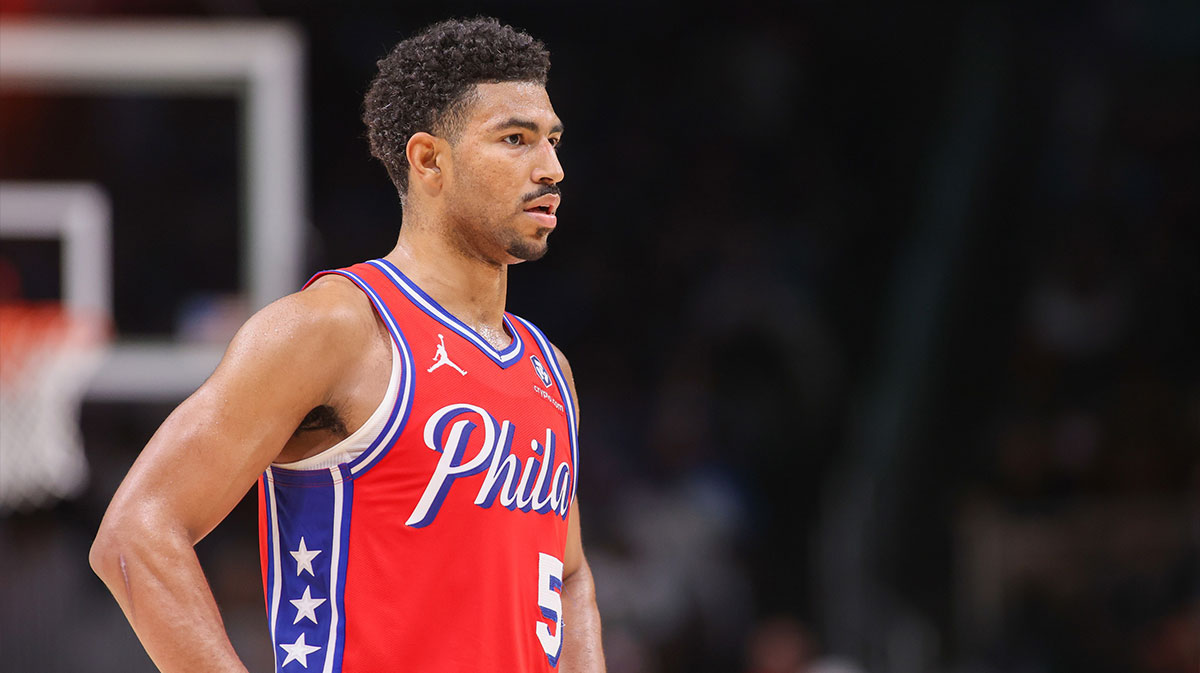
Like the Bulls with Giddey, there is no reason for Philadelphia 76ers fans to worry about Quentin Grimes not being on the team's roster for the 2025-26 season.
Grimes will be filling the Sixers' 14th roster spot and once again be a key offensive weapon for the team to turn to. The only question is whether he will accept his qualifying offer to find common ground on a new deal from the organization.
The problem with a new, long-term contract from the 76ers is that they find themselves in a financial crunch.
With 13 players under contract for the 2025-26 season, Philadelphia is right at the luxury tax line and about $10 million from the first apron.
Any long-term contract with Grimes immediately pushes the 76ers over the first apron, and it could result in them becoming a second-apron team this year. If this were an option for the Sixers, then a new deal would've been agreed upon by now. As a result, it's safe to assume that Daryl Morey and his front office will be avoiding the second apron altogether.
As far as what Grimes wants, he has followed a similar approach as the other restricted free agents this offseason by asking for a contract that exceeds his overall value to the team. Grimes has wanted a deal over $20 million per season, but the Sixers don't want to surpass $15 million since doing so would force them to go over the second apron.
There haven't been any updates about where Grimes and the 76ers stand in their holdout, and it's unknown if there is some sort of compromise the two sides can reach before the 2021 first-round pick is forced to pick up his qualifying offer.
If a new deal is reached with Grimes and he doesn't accept his qualifying offer, the Sixers will be an apron team during the 2025-26 season. Grimes' qualifying offer is valued at $8.7 million, which would put the 76ers right below the first apron entering the year with 14 players under contract.




